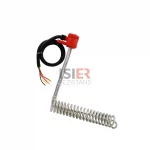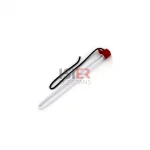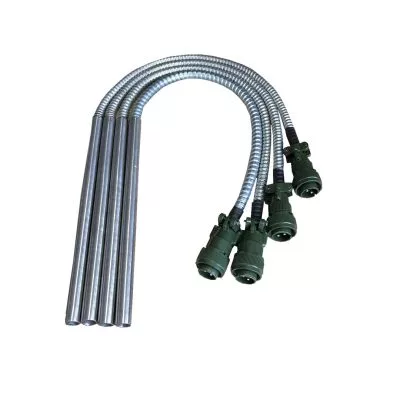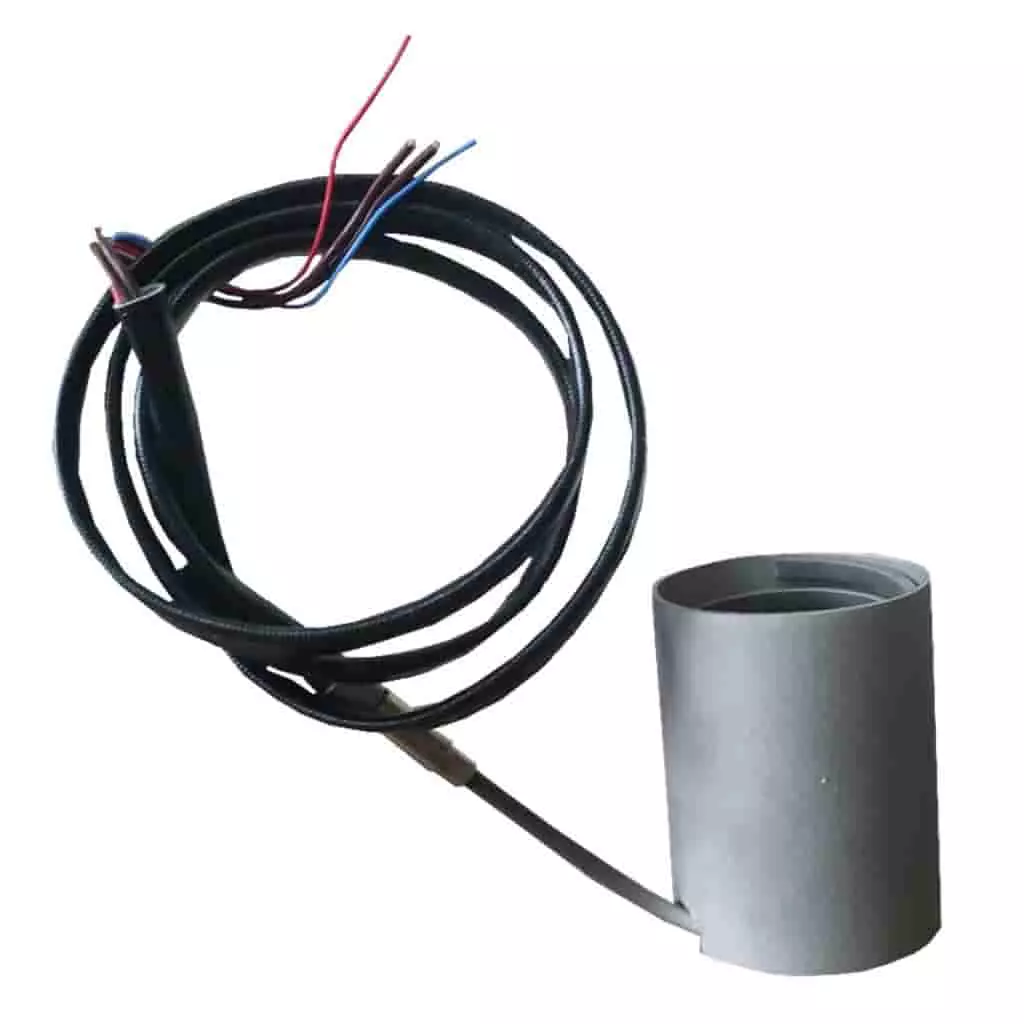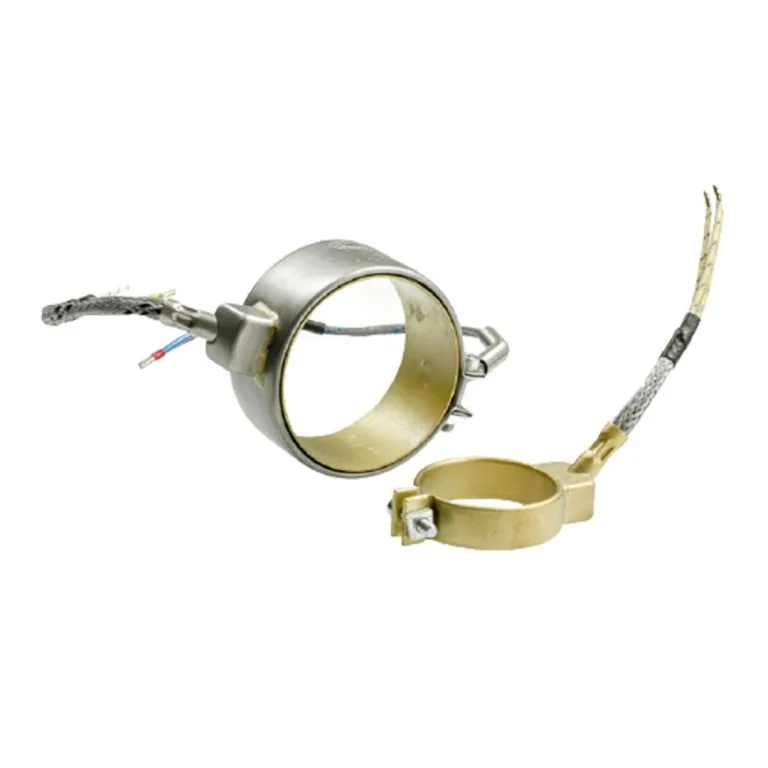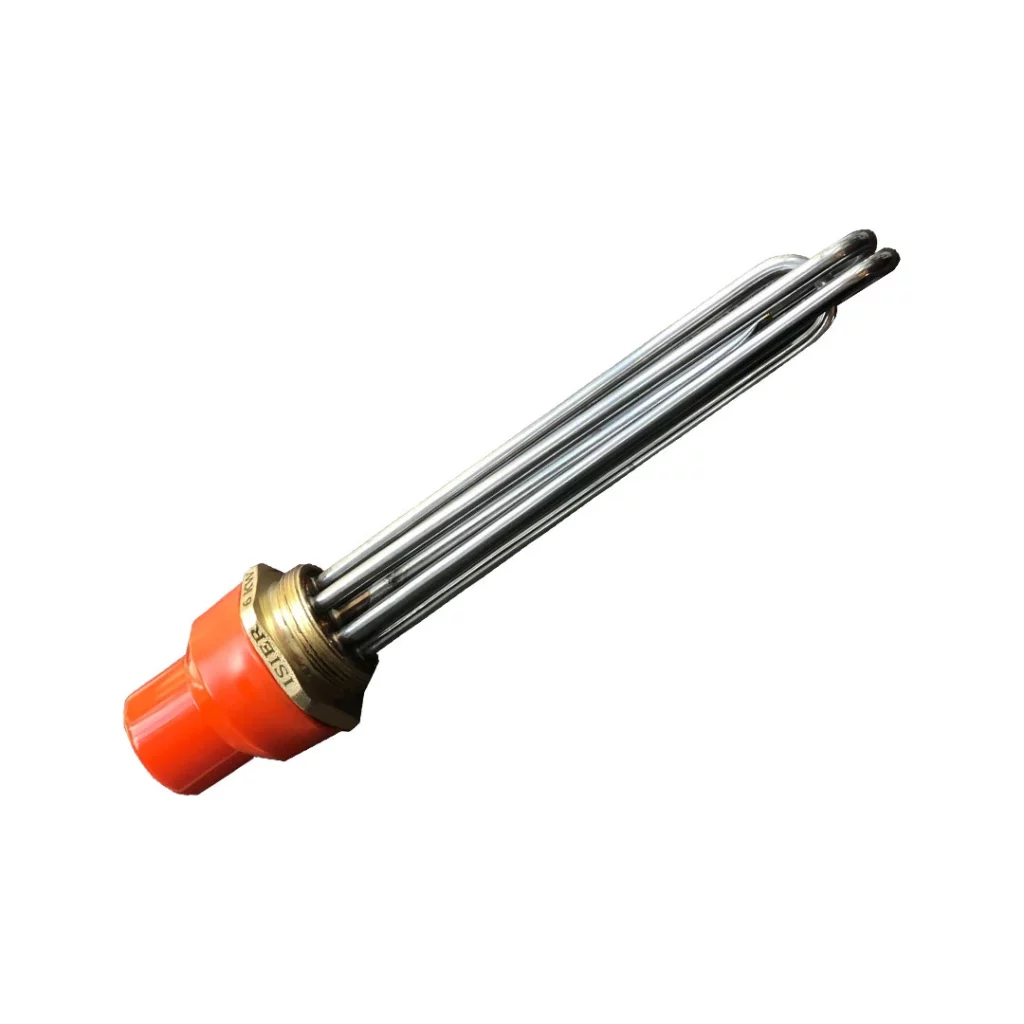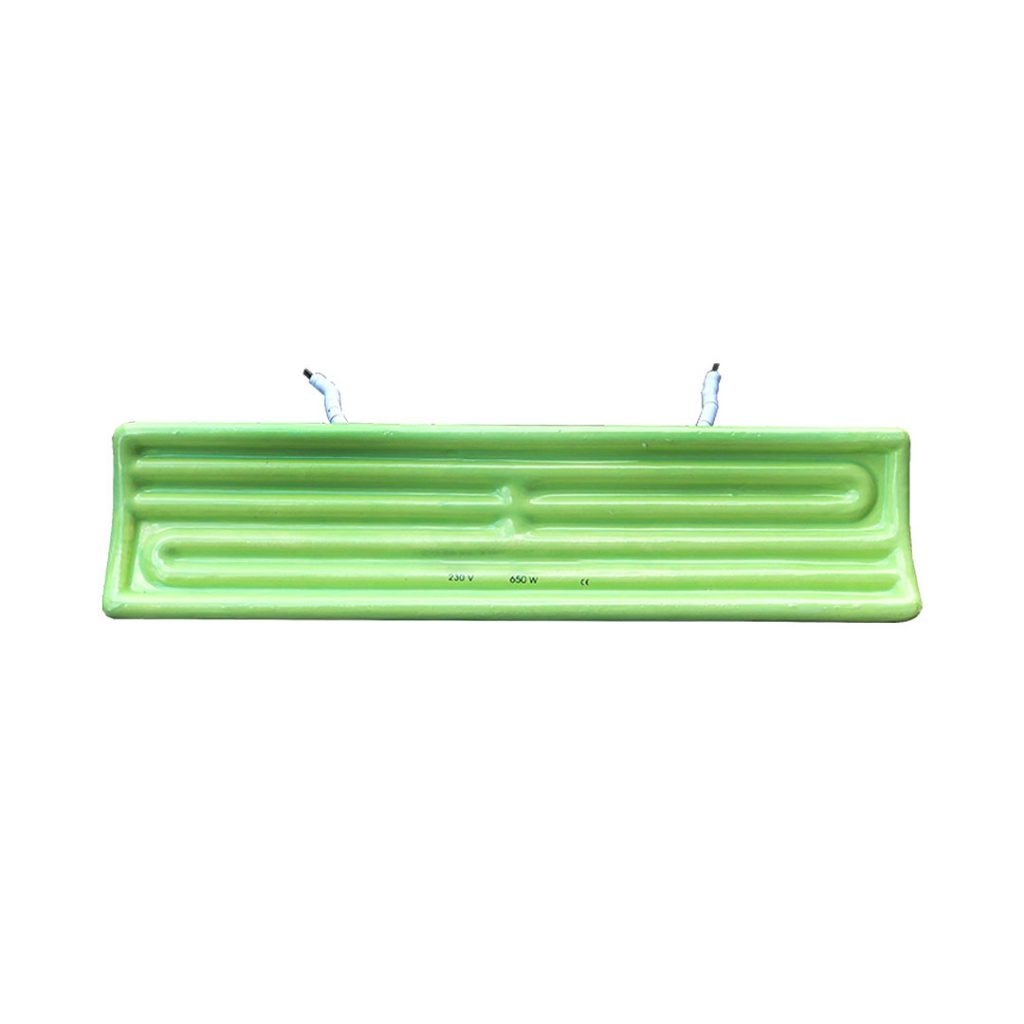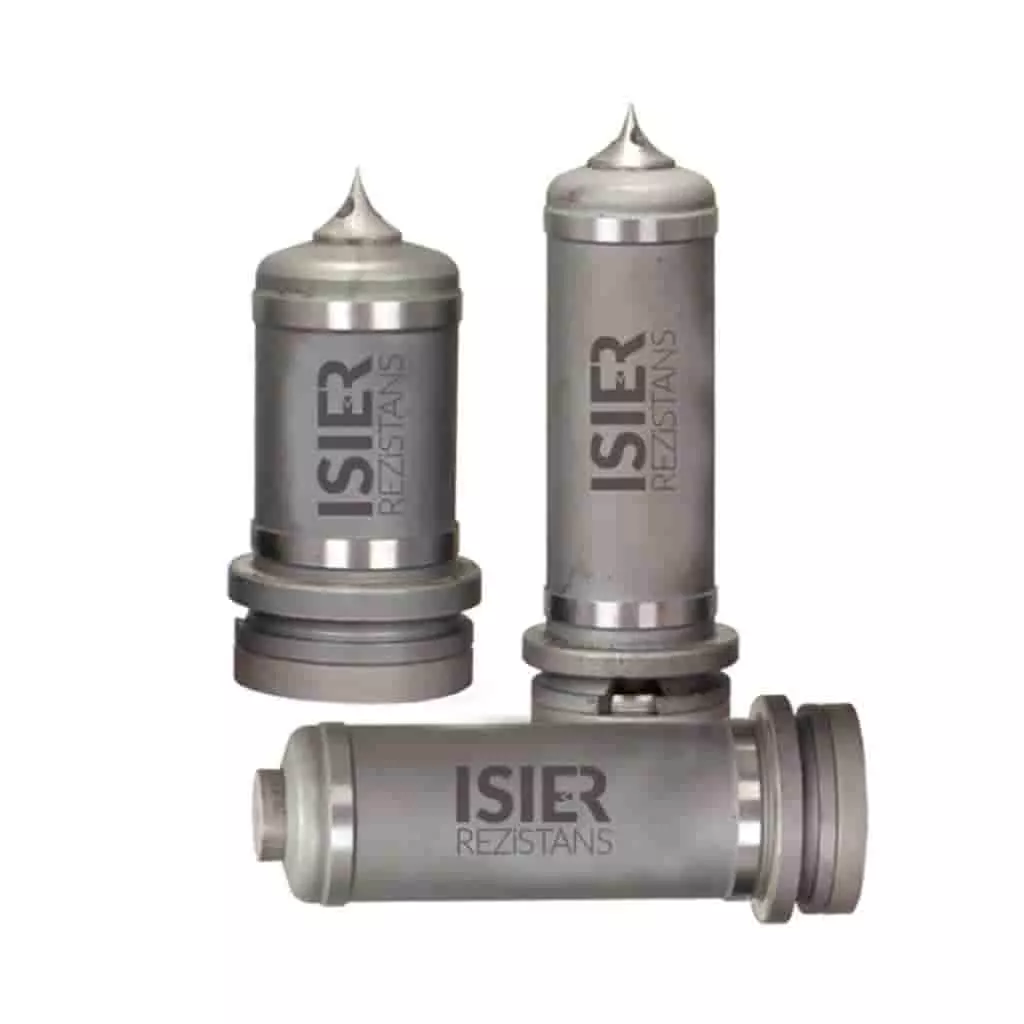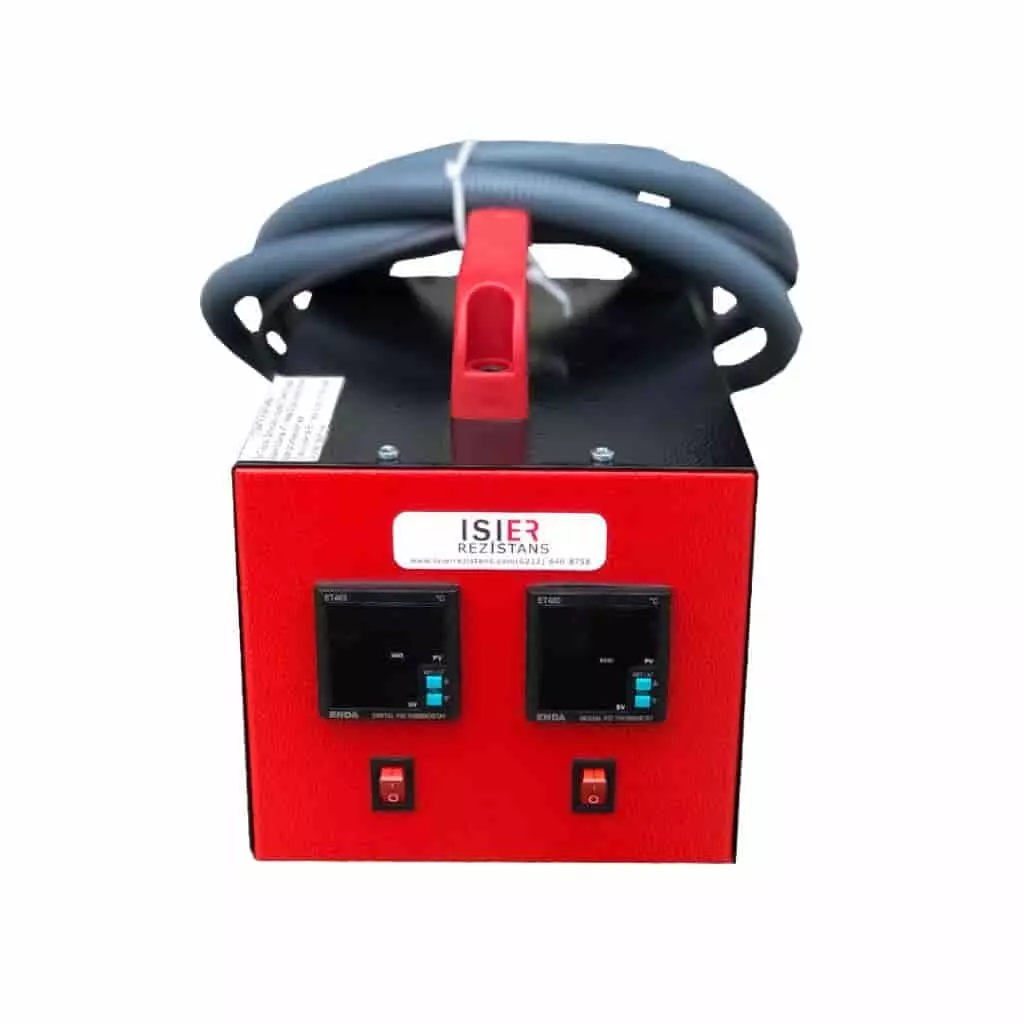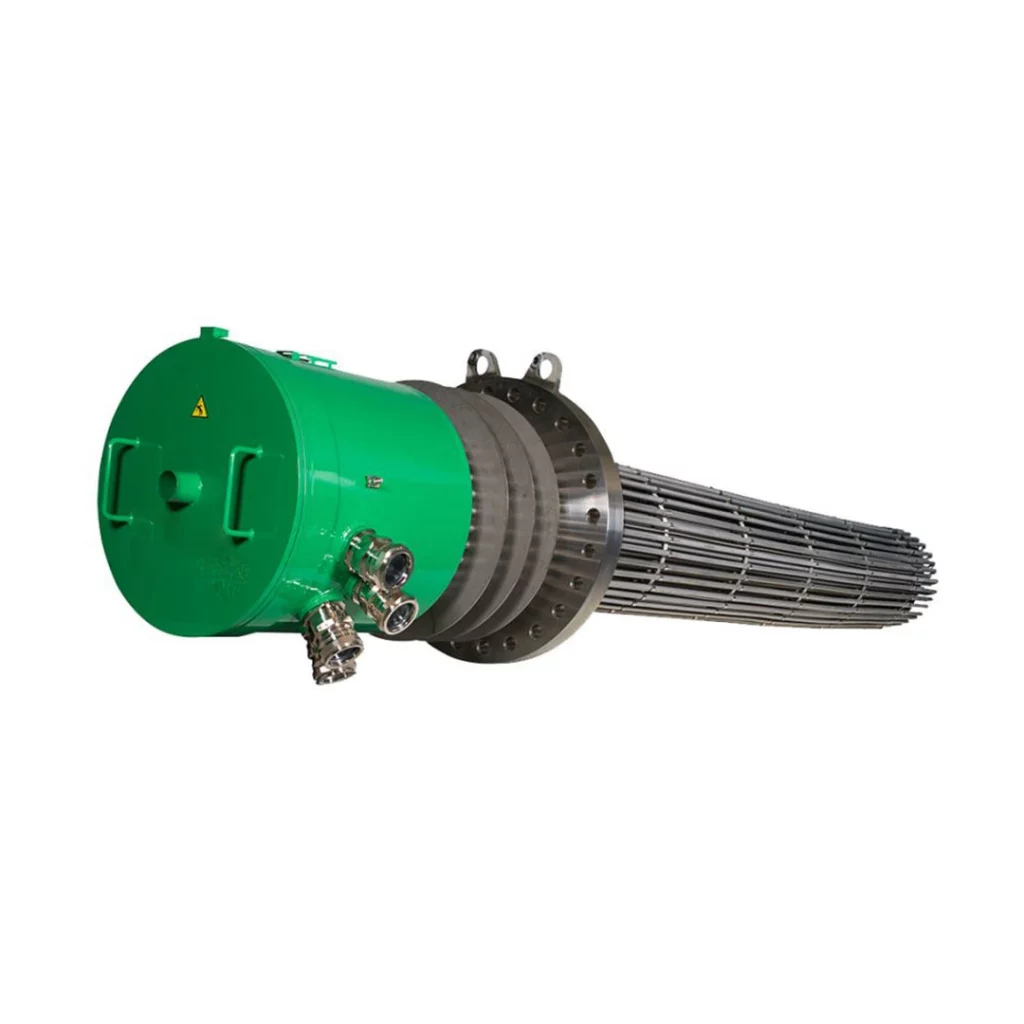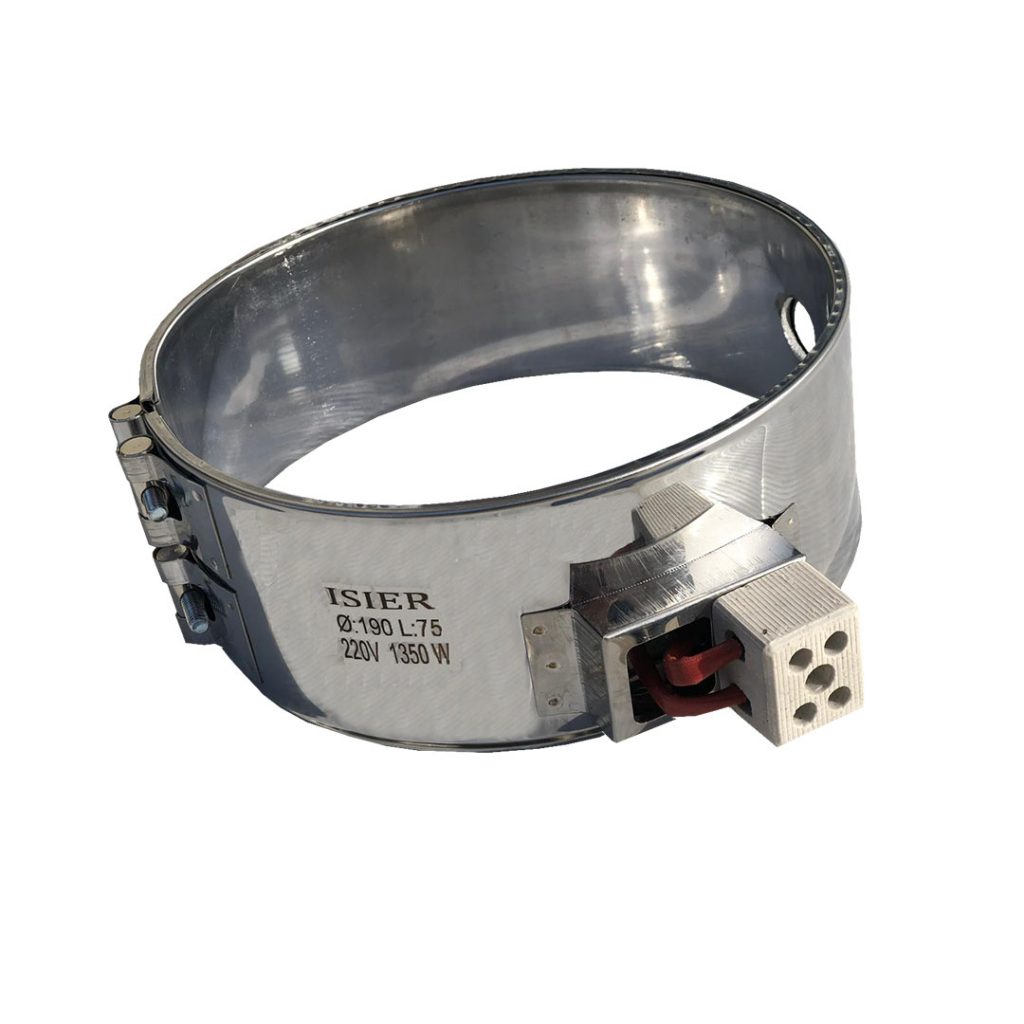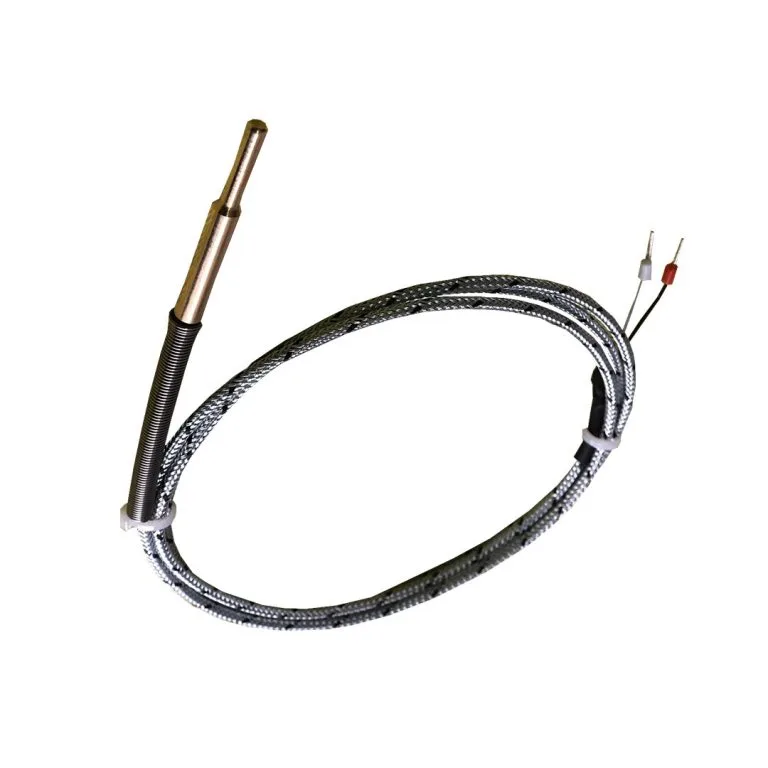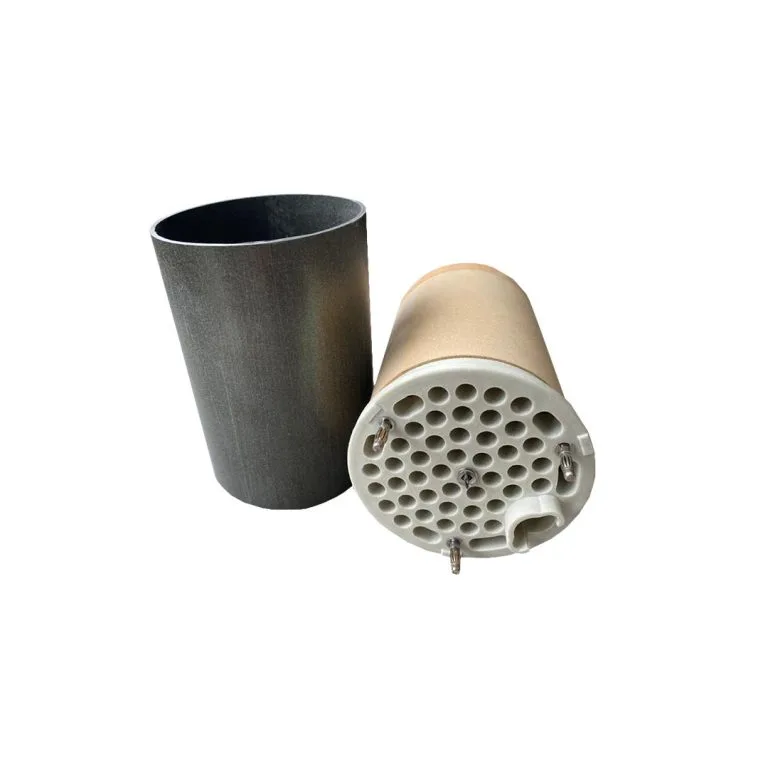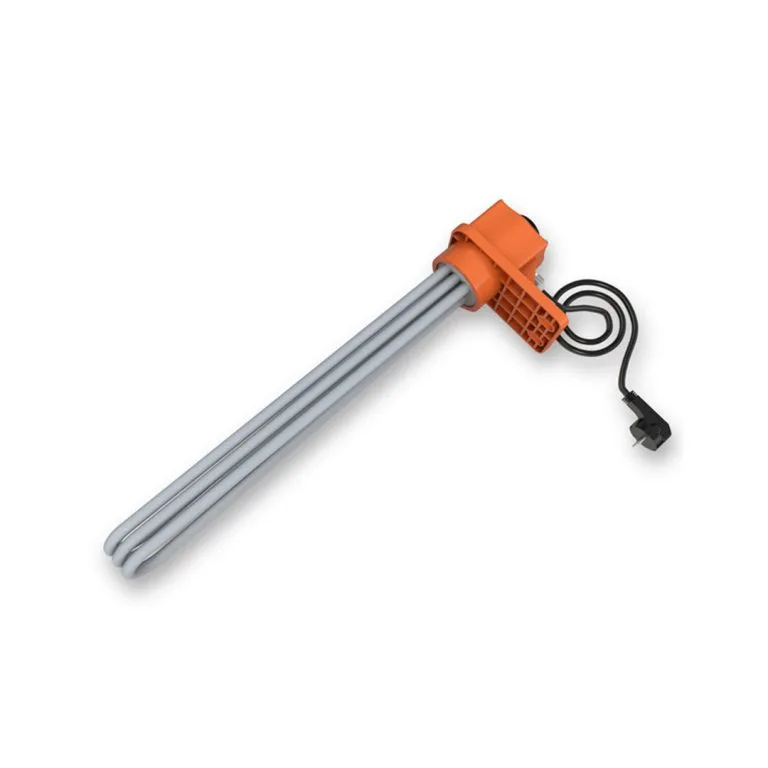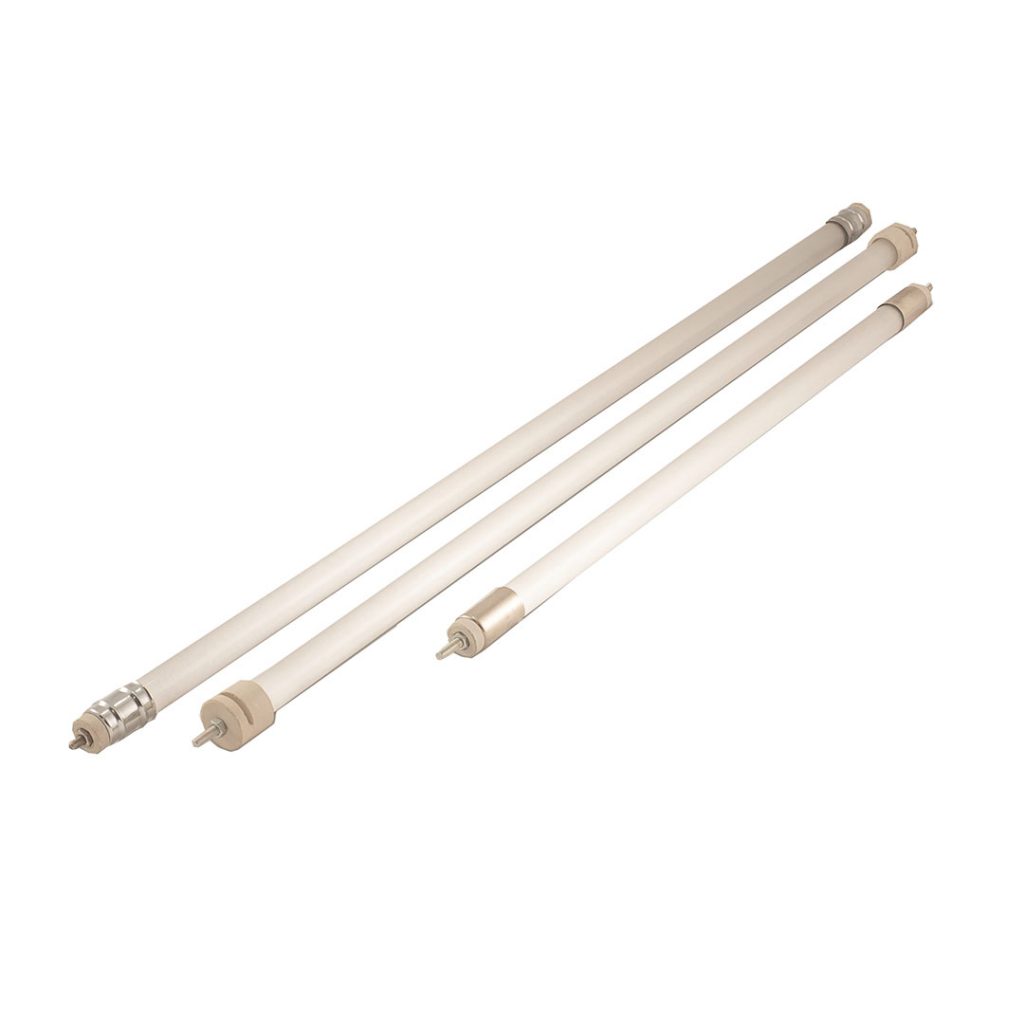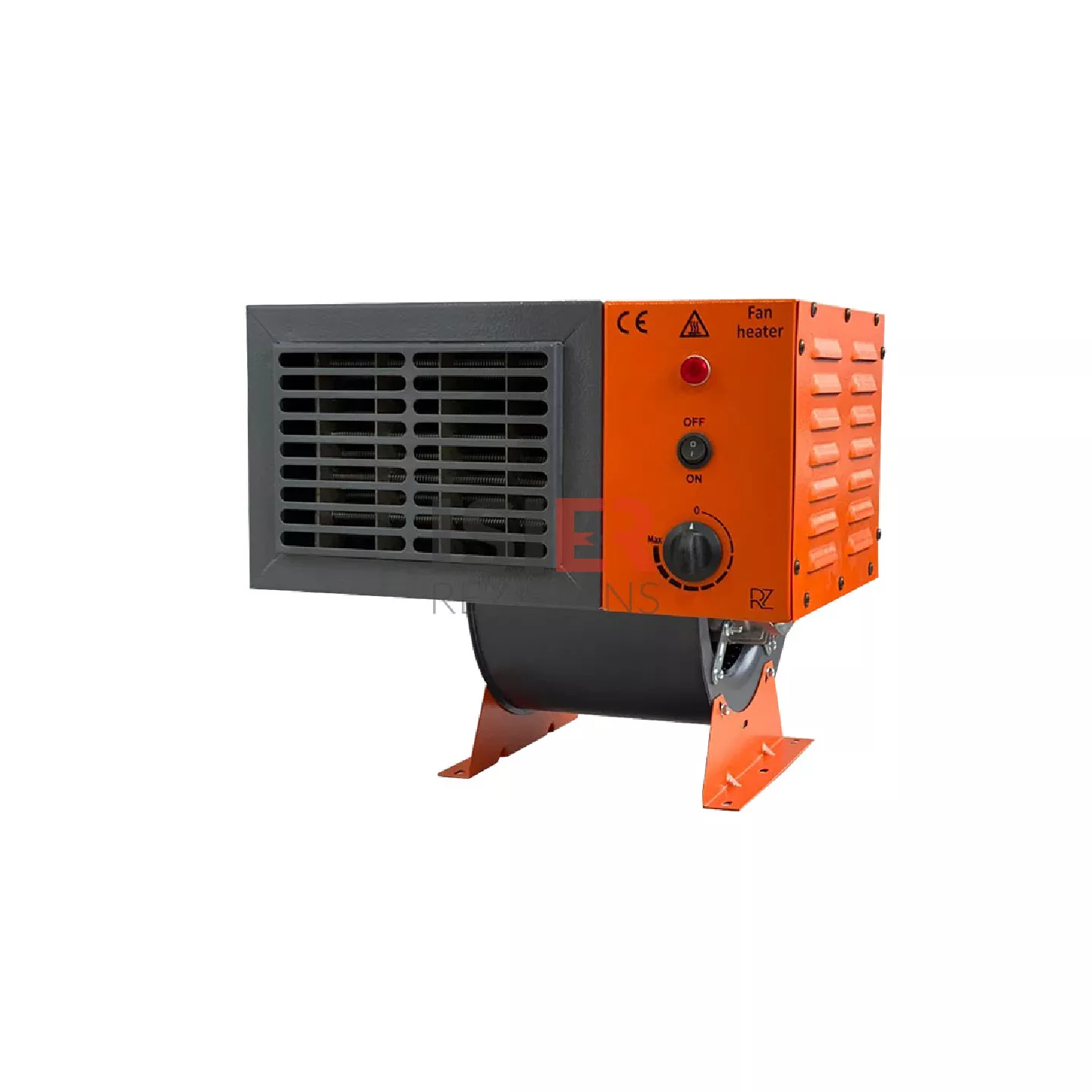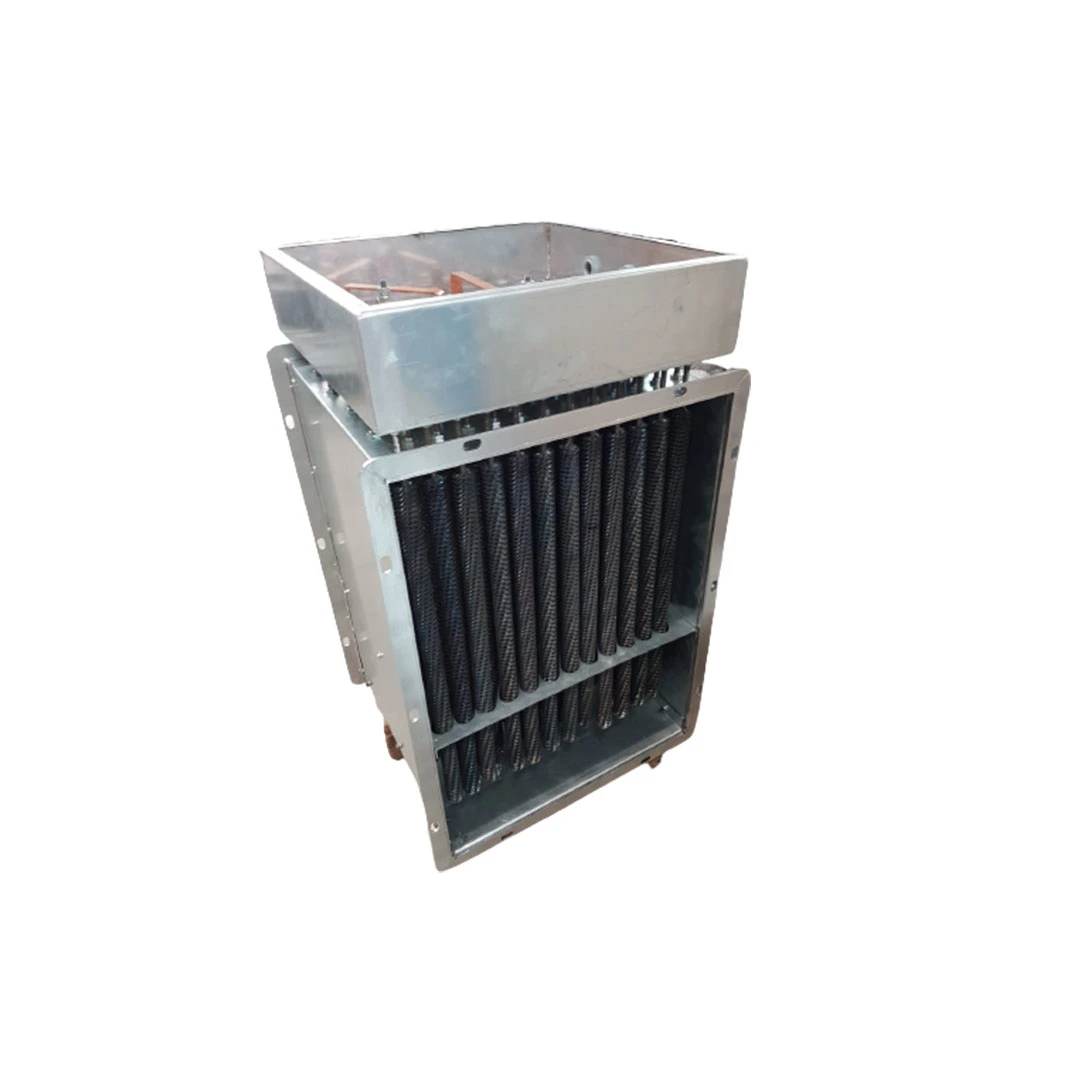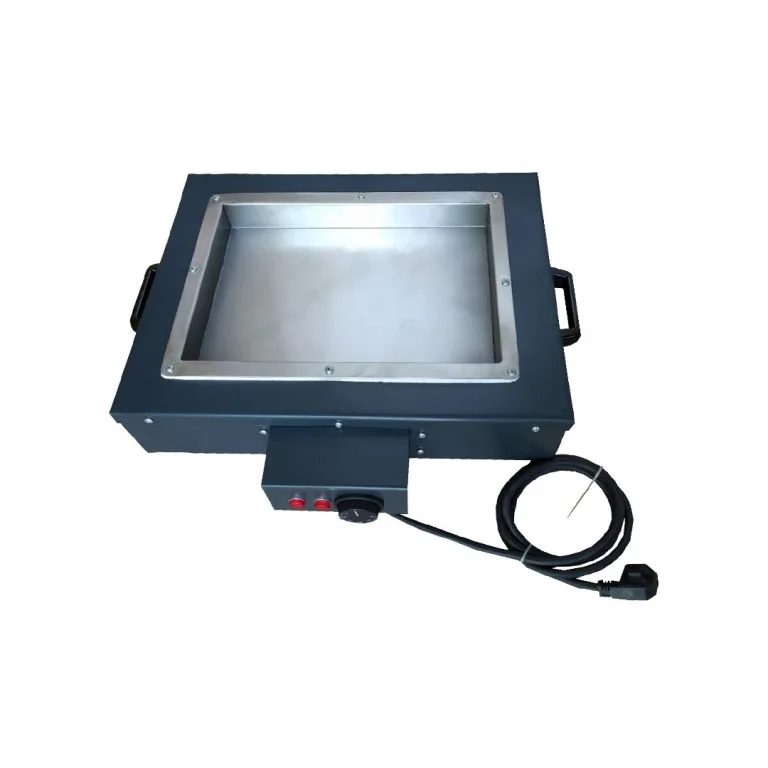Why Use Heaters in the Chemical Industry?
Solidification and Drying Processes: In the chemical industry, heaters can be used for solidification or drying processes of chemical substances that are in liquid or solution form.
Viscosity Control in Chemical Substances: Some chemical substances can alter their viscosity at certain temperatures. Heaters can be utilized for viscosity control.
Process Heating: In chemical production processes, maintaining a specific temperature level may be necessary for the production of a certain reaction or product. Heaters are used to meet this heating requirement.
Distillation and Evaporation Processes: Temperature control is crucial in distillation and evaporation processes in the chemical industry. Heaters, when used during such processes, help to ensure accurate temperature levels.
Chemical Analysis Instruments: Some chemical analysis instruments must operate under specific temperature conditions. Heaters can assist in achieving the desired temperature in these devices.
Keeping Chemical Pumps and Valves Warm: Some pumps and valves used in the chemical industry must be kept at a certain temperature. Heaters can help maintain the operating temperature of the equipment.
The use of heaters in these applications in the chemical sector contributes to the controllable and effective execution of production processes. Additionally, it ensures that specific chemical reactions and processes occur under desired conditions.
Our Products
Your Solution Partner for All Your Resistance Needs
The Importance of Chemistry Heaters?
Chemical Reaction Control: Many reactions in the chemical industry occur under specific temperature conditions. Heaters enable the precise and controlled heating of reactions, thereby enhancing product quality and efficiency.
Heating and Drying Processes: Heating is required for the solidification or drying processes of substances in liquid or solution form in chemical production processes. Heaters, when used in such processes, ensure materials are processed at the correct temperature, speeding up the process and improving product quality.
Viscosity Control: The viscosity of some chemical substances can change with temperature. Heaters can be used to provide viscosity control and facilitate the attainment of desired consistencies, optimizing the production process.
Process Heating: Maintaining a specific temperature level may be necessary for obtaining a certain reaction or product in chemical production processes. Heaters are used to provide this process heat, assisting in the desired execution of chemical reactions.
Distillation and Evaporation Processes: Temperature control is crucial in distillation and evaporation processes in the chemical industry. Heaters, when used during such processes, can help achieve accurate temperature levels, enhancing the purity and quality of products.
Controlled Environments: Certain environments in chemical laboratories or industrial facilities may require precise control of factors such as temperature, humidity, and pressure. Heaters are used to provide this control, creating a safe working environment.
Customization for Special Applications: Heaters used in the chemical industry can be designed to meet specific application requirements. This provides flexibility in use for special production processes and applications, enhancing efficiency.
By combining these factors, heaters in the chemical industry contribute to making chemical production processes safer, more efficient, and more controllable.
Technical Specifications of Heaters Used in Chemical Industry
Nominal Power (Watt): The nominal power of the heater indicates its heating capacity. Heaters used in the chemical sector should have a specific nominal power suitable for a particular heating requirement.
Nominal Voltage (Volt): This specifies the operating voltage of the heater. Equipment and facilities used in the chemical sector should be compatible with the electrical system.
Material: The material used in the construction of the heater should have properties such as chemical resistance and high temperature tolerance. Materials like nickel-chromium alloys are commonly preferred.
Temperature Range: The temperature range within which the heater can operate is important for a specific application. Heaters with high temperature tolerance are generally preferred in the chemical sector.
Resistance Value (Ohm): The resistance value of the heater indicates its resistance at a specific temperature under a certain current. This value is important for ensuring control over heating processes.
Corrosion Resistance: Heaters used in the chemical sector should be resistant to chemical substances and environmental conditions. Materials resistant to corrosion are preferred.
Protection Class (IP Rating): The protection class of the heater determines its resistance to environmental conditions. If used in particularly moist or dusty environments, it should have an appropriate IP protection class.
Mounting and Connection Features: The mounting and connection features of the heater should be suitable for easy integration and installation.
Compliance and Certifications: It is important for the heater to comply with industry standards and have necessary safety and quality certifications.
Energy Efficiency: Energy efficiency is crucial in the chemical sector. Improving the energy efficiency of heaters can reduce costs and environmental impact.
These technical specifications are significant factors that determine the reliability, durability, and performance of heaters used in the chemical sector. Heaters selected according to application requirements can contribute to the efficient and safe management of production processes.
Acid Bath Heaters Used in Chemical Industry
Acid-Resistant Material: Special alloys resistant to acids are typically preferred for the construction of acid bath heaters. Materials such as stainless steel or special nickel-chromium alloys can be used for this purpose.
Chemical Resistance: Acid bath heaters must possess chemical resistance against acids. This feature ensures the heater’s long-term and reliable performance.
Corrosion Resistance: Acids can cause corrosion on metal surfaces. Therefore, it is important for acid bath heaters to have a high level of corrosion resistance.
High Temperature Tolerance: Acid bath heaters are often exposed to high temperatures. Hence, it is important for them to have high temperature tolerance.
Nominal Power and Voltage: The nominal power and voltage of the heater should be suitable for the heating requirements of a specific acid bath.
Uniform Heat Distribution: The heater should produce and distribute heat evenly within the acid bath. This ensures homogeneous heating and enhances process efficiency.
IP Protection Class: Acid bath heaters should have an appropriate IP protection class for protection against moisture and liquids.
Control and Regulation Capabilities: It is important for the heater to have necessary connections and sensors for temperature control and regulation.
Ease of Mounting and Maintenance: Easy mounting and maintenance of the heater enable more effective and efficient operation processes.
Compliance and Safety Standards: Acid bath heaters must fully comply with compatibility and safety standards.
These features ensure the safe and effective use of acid bath heaters in the chemical sector. When selecting an acid bath heater, special application requirements and the chemical conditions within the acid bath should be taken into consideration.





